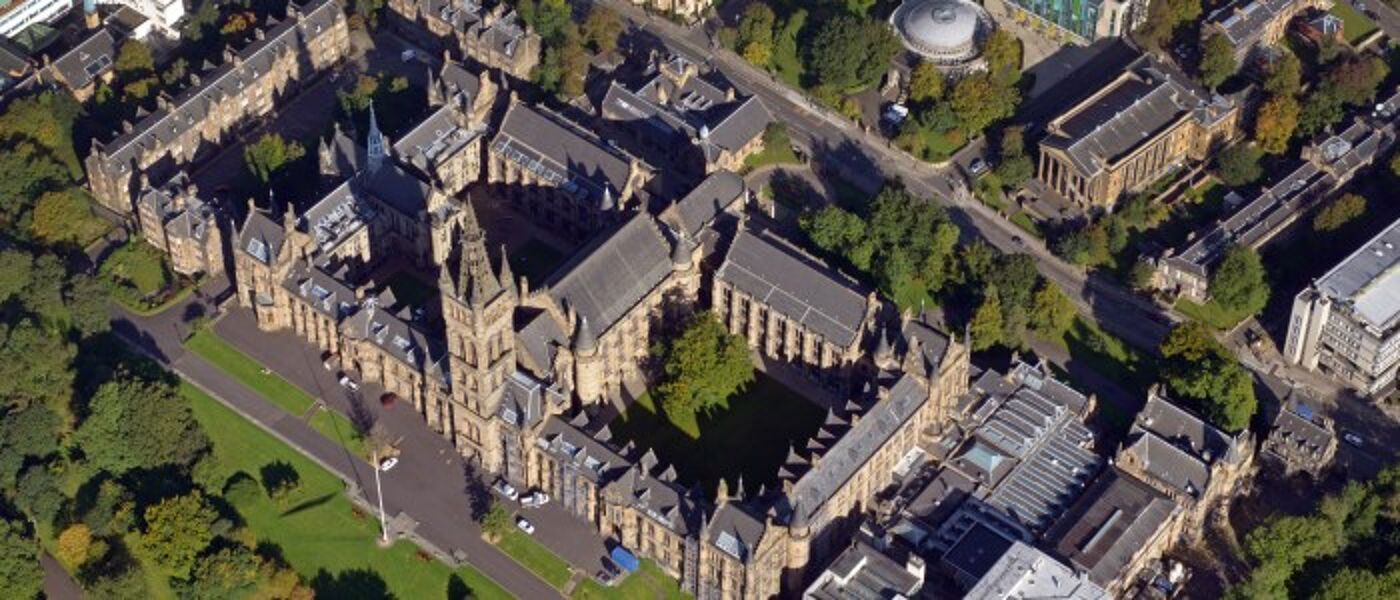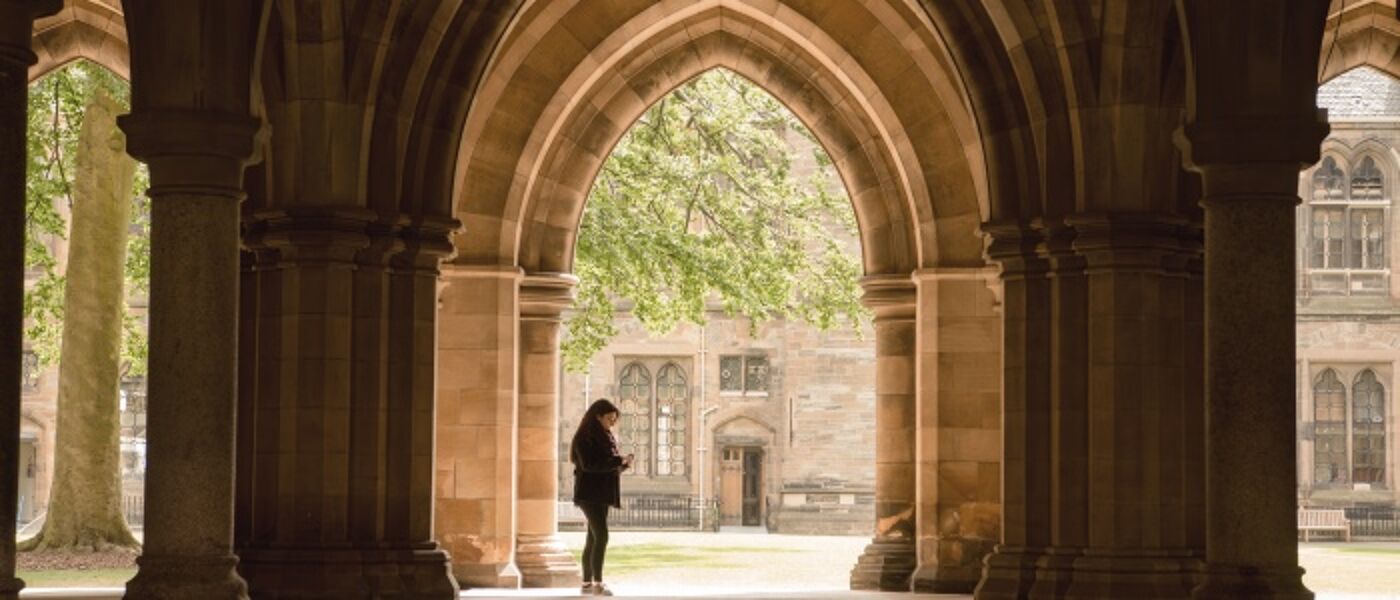Impact
Efforts to bring our work to attention of policy makers, the media and the public are central to our work. Where appropriate, we work collaboratively with a range of stakeholders to inform debates on cities, communities, big data, energy and environmental justice, governance, health, housing, inequalities, migration, place, planning, transport, real estate, and welfare.
Engaging with the public and other stakeholders is important for refining key aspects of our research and ensuring that it can be useful to wider society and beyond the academic community.
See also:
- Impact Lab
- Research Centres
- Urban Studies on Twitter







